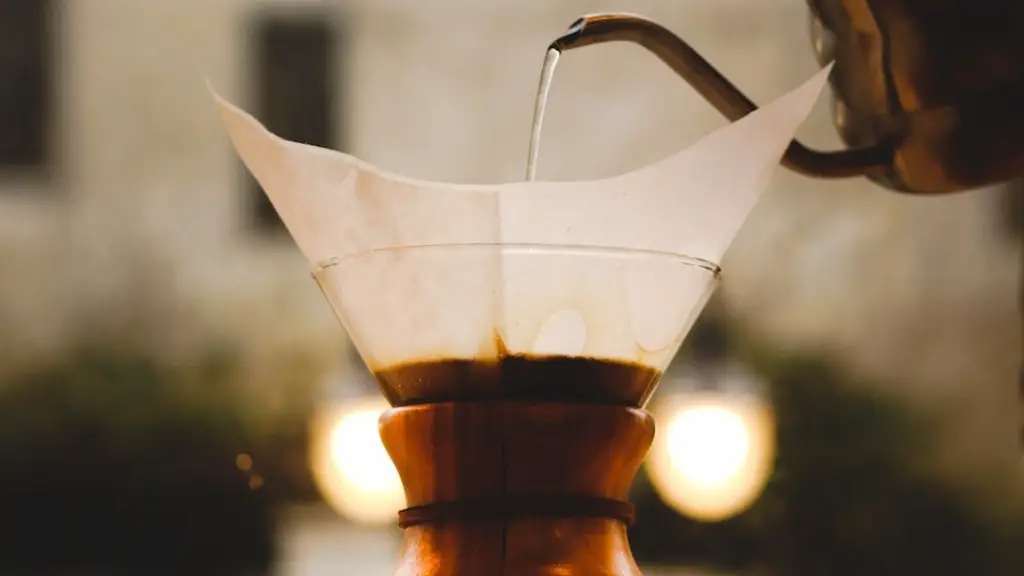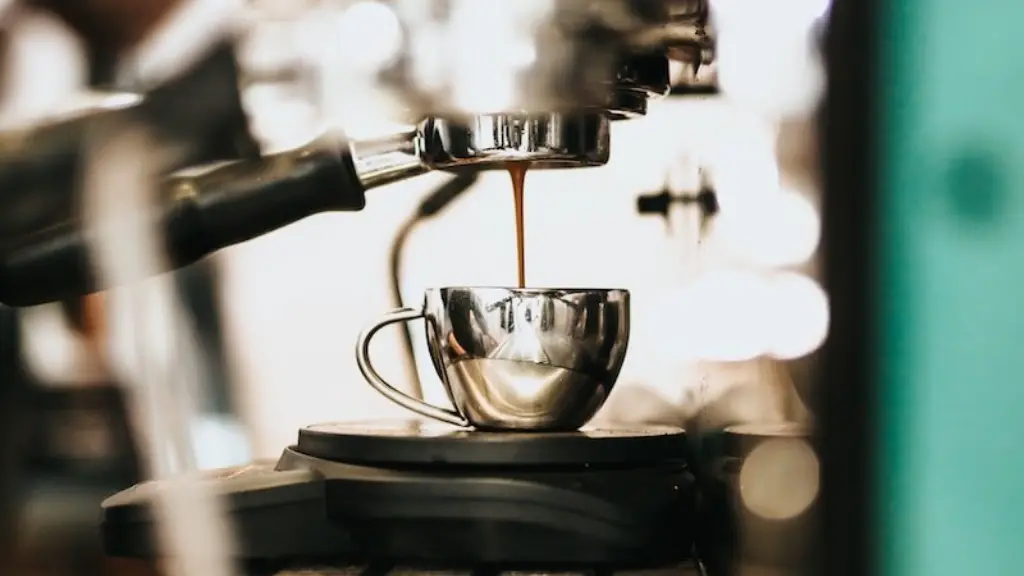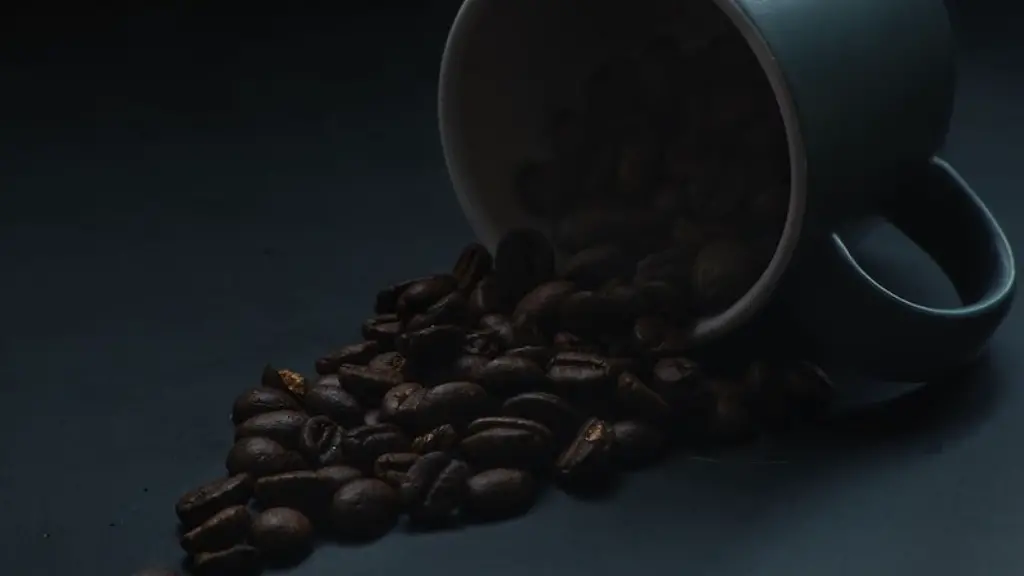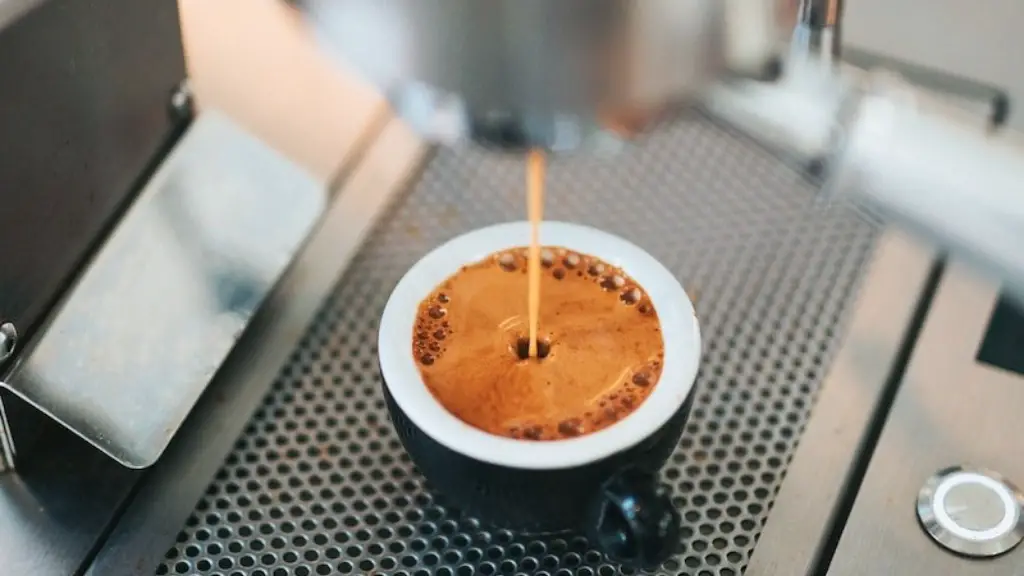Is drinking coffee during ProLon an effective practice?
ProLon is a five-day diet that helps people cleanse their bodies and lose weight without being overly restrictive. After three days of intermittent fasting, the last two days are supposed to be maintenance days with no meal restrictions. There is some confusion about whether people can drink coffee during a ProLon fast, and this article will answer that question by exploring the unique qualities of ProLon, the health risks of coffee, and the effects that drinking coffee during a fast could have on the body.
Understanding the ProLon diet
ProLon is a five-day kit that provides all of the meals a person needs to eat for five days. On the first three days, participants are only permitted to eat ProLon-supplied meals and snacks, which are nutritionally balanced and specially formulated to promote autophagy. Autophagy is a natural process that helps the body clear out old tissue and metabolic waste products, so the body can begin to repair itself naturally.
The last two days of the ProLon diet are maintenance days, during which participants are encouraged to reintroduce a healthy, balanced diet and make sustainable lifestyle changes. During these last two days, there is no restriction on what people can eat.
What effect does coffee have on the body?
Coffee is a stimulant, so it can temporarily increase energy levels, alertness, and concentration. However, it can also increase heart rate and blood pressure, and long-term use of coffee can lead to headaches, irritability, restlessness, and difficulty sleeping.
Coffee also contains caffeine and a variety of other compounds that can interfere with the body’s natural processes, such as digestion, hormone production, and blood sugar regulation. Therefore, people who are fasting may want to avoid coffee to ensure that their bodies are able to properly detoxify.
Can you drink coffee on a ProLon fast?
Since the last two days of ProLon are maintenance days, participants are technically allowed to drink coffee during the fast. However, it is important to consider the potential health effects of coffee, as well as the individual’s current health and fitness level, before drinking coffee during a ProLon fast.
If the individual decides to drink coffee, some questions to consider are: how much coffee is being consumed? What other foods are being consumed? Are the coffee and other food choices balanced and high in nutrition? Are there any coffee alternatives that can provide similar energy boosts without the potential health risks?
Effects of coffee on weight and metabolism
Studies have shown that coffee can increase metabolic rate and burn fat. Caffeine works by increasing levels of catecholamines, which are hormones that help the body break down fat cells. Additionally, coffee can curb the appetite, which can help prevent overeating.
However, the effects of coffee on weight and metabolism may vary depending on the individual, as well as other factors, such as how much and what type of coffee is being consumed. In addition, coffee does not replace the need for a balanced diet and regular exercise, so it is important to maintain a healthy lifestyle regardless of coffee consumption.
Overall, should you drink coffee during ProLon?
Ultimately, whether a person should or should not drink coffee during ProLon is a personal decision. Depending on the individual, drinking coffee during ProLon may or may not be beneficial. It is important to consider both the potential risks and benefits before making a decision.
In general, the effects of coffee on the body vary greatly depending on the individual’s current health and fitness level, as well as other factors, such as the amount of caffeine being consumed and other foods being consumed. Therefore, it is always best to consult with a healthcare professional before making any changes to one’s diet.
Alternatives to coffee during ProLon
If a person decides against drinking coffee during ProLon, there are still other ways to get an energy boost. For example, drinking herbal teas, such as peppermint, chamomile, and ginger, can have a calming and energizing effect. Additionally, eating nutrient-rich foods, such as nuts, seeds, fruits, and vegetables, can provide a sustained energy boost.
Other alternatives to coffee during ProLon include exercising, meditating, and getting enough sleep. Exercise can help release endorphins and increase energy, while meditation can increase alertness and concentration. Finally, getting enough sleep is essential for overall health and energy levels.
Using caffeine-free supplements during ProLon
Caffeine-free supplements, such as adaptogens, are nutrient-rich plants that can help the body restore balance and maintain healthy energy levels. Examples of adaptogenic herbs that can be used during ProLon include ashwagandha, rhodiola, and holy basil. These herbs can provide an energy boost without the potential side effects of caffeine.
In addition, some vitamins and minerals, such as iron, B vitamins, and vitamin C, are essential for healthy energy levels. Eating foods that are rich in these nutrients, such as leafy greens, legumes, nuts, and seeds, can help keep energy levels up during ProLon.
Drinking water during ProLon
Water is essential for overall health, and it is especially important during ProLon. Drinking water helps the body flush out toxins and waste products, which can support the body’s natural detoxification process. Additionally, drinking water can help prevent dehydration, which can lead to fatigue, headaches, and other symptoms. It is important to drink enough water each day to ensure the body is functioning optimally.
Finally, drinking water can also help curb hunger and reduce cravings for unhealthy foods. Drinking a glass of water before a meal can also support healthy digestion and help the body get the most out of the nutrients in the food.
Using natural remedies during ProLon
There are a variety of natural remedies that can provide an energy boost while still supporting healthy digestion and detoxification. For example, drinking herbal teas with lemon and honey can provide an energy boost while also helping the body flush out toxins. Additionally, apple cider vinegar and ginger can help support healthy digestion and detoxification.
Turmeric and cayenne pepper are also known for their detoxifying effects and ability to boost metabolism. Both spices can be added to warm water for a healthy energy drink. Wheatgrass, chlorella, and spirulina are also high in nutrients and antioxidants and can help support overall health and energy levels.
Using supplements during ProLon
Aside from caffeine-free supplements and natural remedies, there are also nutritional supplements that can provide an energy boost during ProLon. For example, maca, bee pollen, and reishi mushrooms can all help increase energy levels without the potential side effects of caffeine. Additionally, omega-3 fatty acids, such as those found in fish oil, can help keep energy levels up and support healthy detoxification.
Ginseng is another popular supplement that can help increase energy levels and reduce fatigue. However, it is important to talk to a healthcare professional before taking any supplements to ensure that they are safe and effective for the individual.
Conclusion
ProLon is a five-day diet that helps people cleanse their bodies and lose weight. Although the last two days of ProLon are maintenance days and participants are technically allowed to drink coffee during the fast, it is important to consider the potential health risks of coffee before doing so. Additionally, there are many alternatives to coffee, such as herbal teas, nutrient-rich foods, and supplements, that can provide an energy boost without the potential side effects of caffeine. Ultimately, it is up to each individual to decide whether to drink coffee during ProLon, but it is best to consult with a healthcare professional before making any changes to one’s diet.





